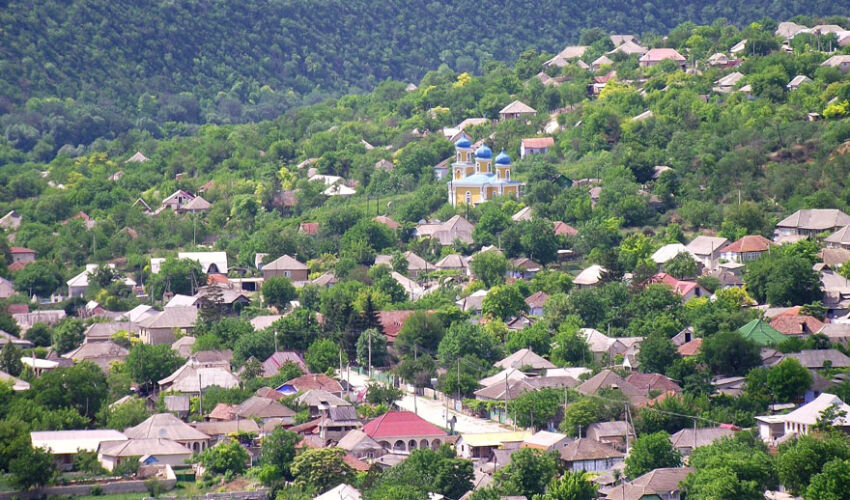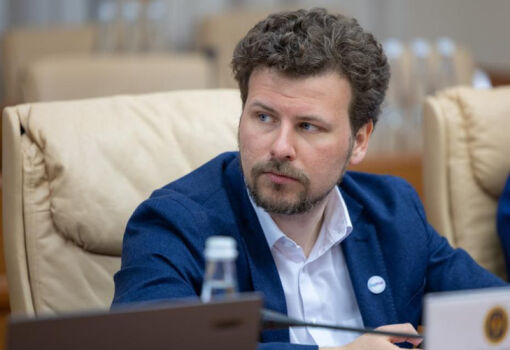
The unification project was developed in Moldova back in 2018. A similar scheme was used to consolidate villages in the Czech Republic, Poland, Slovakia and the Baltic countries. There, this process took several years. Its essence is to unite small mayoralties that lack their own funds. Specialists continue to work in the merged mayor’s office, and administrative costs are reduced by the councils and management.
The united mayoralties receive financial incentives from the state. First of all – funds for projects to create common infrastructure, including roads, utilities, transportation, etc.
In Moldova, the merger procedure is based on Law No. 225 “On Voluntary Merger of City Halls”. It was designed to provide citizens with a higher level of public services, which are underdeveloped or non-existent in small villages.
According to this law, the state provides funding of up to 1 million lei for the merger process. These funds are meant for the preparation of technical projects. Another 2 million lei is allocated for other expenses, including the increase of salaries of the mayoralties’ specialists. They may be increased by 20-30%. The document also envisages investments from the state budget for infrastructure and development, the amount of which is calculated per the number of residents.
Many villages have already started the unification procedure. The first step is the decision of local councils. This process should include citizens, whose position has weight. Next comes the stage of preparing the methodology and documentation for unification. “This stage usually takes six months,” specifies Ion Carpineanu, ex-mayor of Carpineni village in Hincesti district and chairman of GAL Cismeaua caprioarilor. – During this time, decisions on the regulation of the services to be provided after the merger are discussed and adopted”.
During the discussion of the law, there were proposals to provide for the possibility of maintaining small mayoralties in Moldova. Those, which by the number of inhabitants do not reach the limit of 3 thousand inhabitants, and in exceptional cases – 2 700 inhabitants, established in the law. But they provide high own incomes, because enterprises work there, land is leased out, and it is unprofitable for them to join.
“This process of unification is absolutely voluntary,” clarifies Andrei Strakh, deputy chief secretary of the government. – Today, there is no mandatory process of enlargement of villages. And when the reform will be worked out, then a decision will be made regarding such villages.”
The 2023 budget included 250 million lei for the voluntary consolidation of mayoralties. But these funds were never used. In 2024, the government allocated 50 million lei for this purpose. This year – 89 million lei.
We would like to remind you that Moldova also has a law on inter-communitarian development associations. According to the document, two or more administrative-territorial units of I and II level can unite in inter-communitarian development associations (IDA) for joint implementation of projects of local and regional importance or provision of public services.

